This is a curated articles about the latest discoveries in science and interesting articles tackling technology and society.
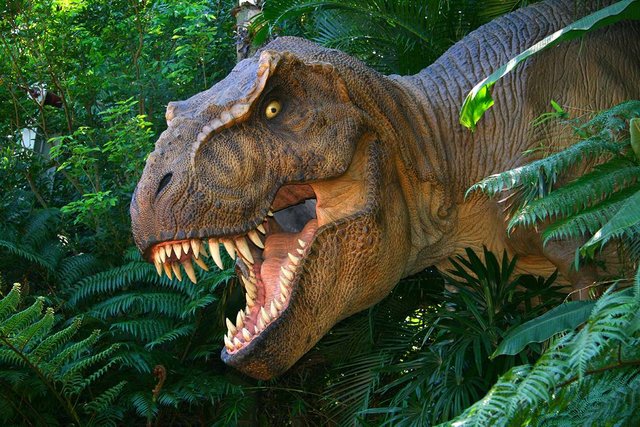
Tyrannosaurus rex might have accidentally helped fruit grow: Yvaine Ye
The king of the dinosaurs was a famed carnivore, but its diet of plant-eaters may have helped T. rex disperse fruit seeds over a wide area
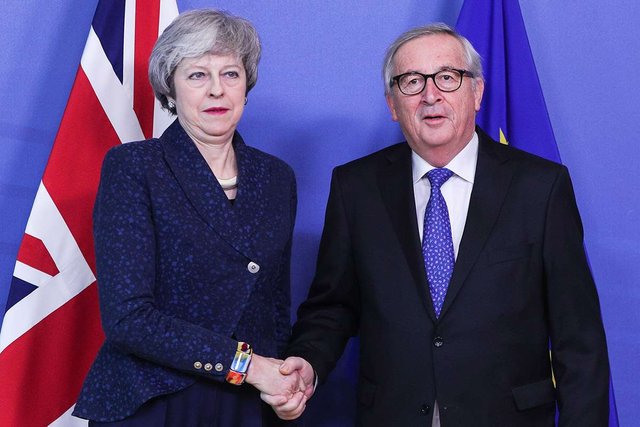
Game theory says Brexit negotiations are now all about avoiding blame: Petros Sekeris
The UK and the EU are continuing Brexit talks because, as game theory suggests, both sides want to avoid being blamed for the fallout, says Petros Sekeris
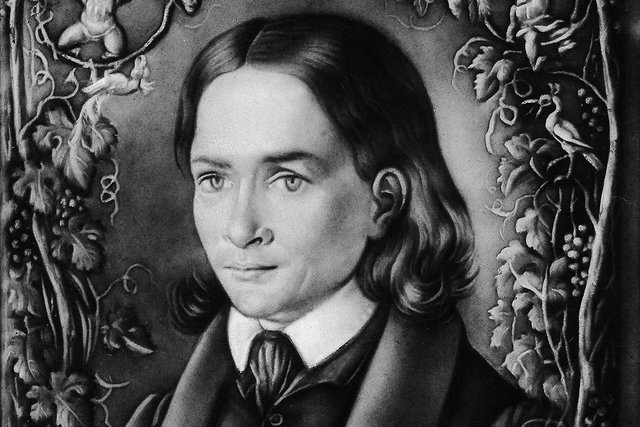
Friedlieb Ferdinand Runge, the godfather of caffeine: Sam Wong
Friedlieb Ferdinand Runge was the discoverer of caffeine and the first person to isolate quinine, but his contribution to chemistry is often overlooked.
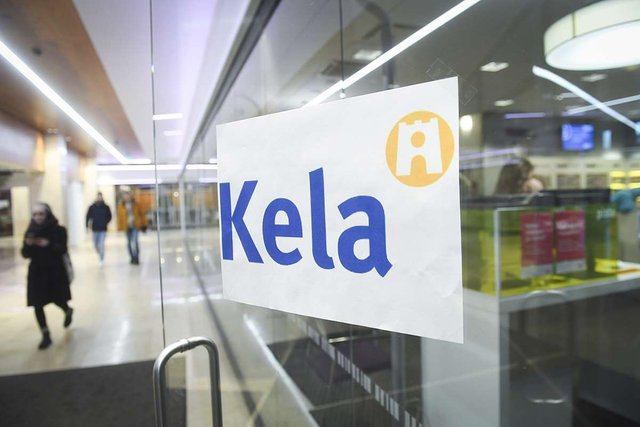
Universal income study finds money for nothing won’t make us work less: Joshua Howgego
The most robust trial of universal basic income yet shows that it boosts well-being and doesn't decrease employment, as some had feared
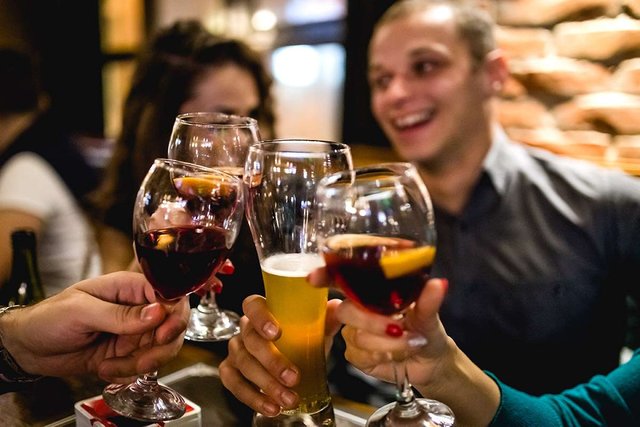
Beer before wine or wine before beer: the hangover is the same: Sam Wong
Forget folk wisdom — mixing drinks doesn't affect your hangover. Only the amount you consume appears to impact how you feel the following day

Don’t believe women in science face huge inequality? Here’s the proof: Jessica Wade
Scientists read and react to peer reviewed research, making the pages of leading scientific journals like The Lancet a good venue to fight for gender equity, says Jessica Wade

WhatsApp’s message limit isn’t enough to halt the spread of fake news: Sarvjeet Singh
A limit on forwarding messages has been extended from India to the rest of the world, but more needs to be done by all parties, says Sarvjeet Singh
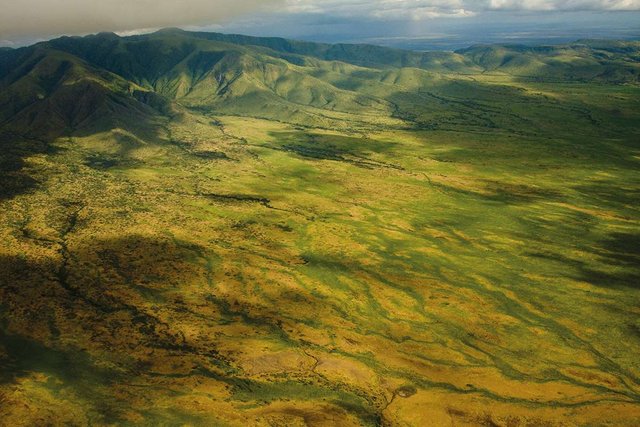
How Earth’s changing ecosystems may have driven human evolution: Michael Marshall
The most detailed ever look at Earth's prehistoric climate suggests many habitats changed in the past 800,000 years – and this may be why we evolved big brains

The truth about generations: Why millennials aren’t special snowflakes: Amelia Tait
We increasingly form opinions about people based on the generation they belong to, but these labels are often lacking in science
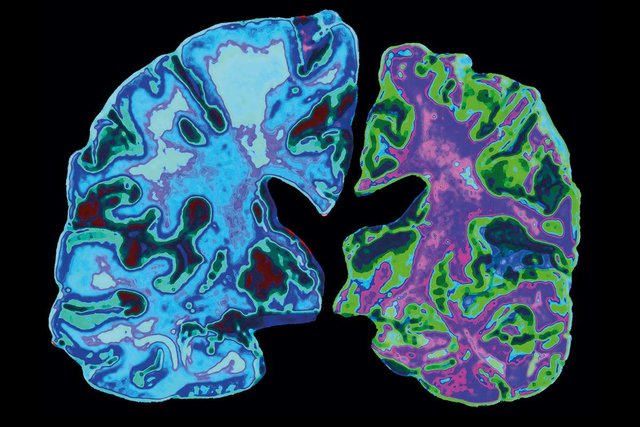
We may finally know what causes Alzheimer’s – and how to stop it: Debora MacKenzie
Evidence is growing that a bacteria involved in gum disease causes Alzheimer's, raising hopes over new kinds of treatments that are currently undergoing testing









